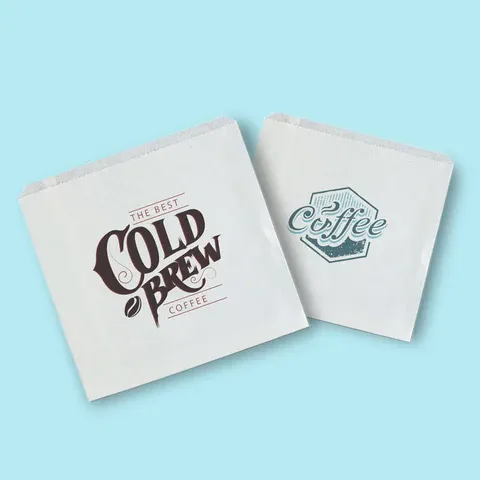The Versatility and Importance of Packaging Tape in Modern Industry
Packaging tape plays a crucial role in the world of logistics and shipping, serving as an essential tool for securing packages, ensuring safety, and maintaining the integrity of products during transport. Its versatility stretches far beyond simple sealing tasks; it is a foundational element in packaging design, functionality, and branding. In this article, we will explore the various types of packaging tape, its applications, and points of consideration for businesses and consumers alike.
Types of Packaging Tape
There are several types of packaging tape, each designed for specific applications. The most commonly used types include
1. Acrylic Tape This is a popular type of packaging tape known for its clarity and adhesive strength. It is resistant to UV light and can hold up well to temperature fluctuations. Acrylic tape is often chosen for its durability, making it suitable for long-term storage.
2. Hot Melt Tape This type of tape utilizes a rubber-based adhesive that is effective in adhering to various surfaces, including cardboard, plastic, and metal. Hot melt tape has excellent initial tack, meaning it sticks quickly upon application, which aids in speeding up the packaging process.
3. Filament Tape Reinforced with fiberglass filaments, filament tape is designed for heavy-duty applications requiring high tensile strength. It is often used for securing large packages, bundling materials, or in industrial settings. Its durability makes it invaluable for shipping heavy machinery or products.
4. Masking Tape Although not primarily designed for packaging, masking tape has its place in the packaging world, particularly for temporary bindings and labeling, making it versatile in various applications.
Each type of packaging tape has unique characteristics that make it suitable for different environments and purposes. Choosing the right tape is crucial for ensuring that packages arrive at their destination in perfect condition.
Applications in Industry
Packaging tape finds its utility in multiple sectors. In the e-commerce industry, with the boom in online shopping, businesses rely heavily on robust packaging methods. Efficient packaging not only ensures that products reach customers safely but also enhances the overall customer experience. Companies often use customized packaging tape to reinforce branding. For instance, printed tape can feature a company logo or a marketing message, transforming a simple box into a brand ambassador.
packaging tape

In the food and beverage industry, packaging tape must meet specific safety standards and regulations to ensure that products are tamper-proof. Tapes designed for this industry offer features such as moisture resistance and anti-static properties, ensuring that food products remain safe during transport.
The construction industry also utilizes packaging tape, particularly in bundling and securing materials on job sites. Heavy-duty tapes are employed to hold insulation, repair materials, and other supplies, making them essential for efficient workflow.
Considerations for Businesses and Consumers
When selecting packaging tape, several factors should be taken into account
1. Material and Thickness The material of the tape contributes significantly to its strength and durability. Thicker tapes generally provide better support for heavier items.
2. Adhesive Quality The type of adhesive used will affect the tape’s performance, especially when exposed to different temperatures, humidity levels, and surface types.
3. Branding Opportunities Companies can leverage custom-printed tapes not only to secure packages but also to promote their brand visually.
4. Eco-Friendliness With increasing concerns about environmental impact, businesses are looking for recyclable or biodegradable packaging tape options. Opting for sustainable materials can enhance a company's image in the eyes of environmentally conscious consumers.
5. Cost-Effectiveness While it might be tempting to opt for the cheapest options available, investing in high-quality packaging tape can prevent future costs related to product damage or poor customer experiences.
Conclusion
In conclusion, packaging tape is an indispensable tool across various industries, contributing significantly to the integrity and presentation of products. With a myriad of options available, businesses must choose wisely to meet their specific needs. As e-commerce continues to grow and evolve, the role of packaging, supported by reliable and effective packaging tape, will only become more vital in ensuring both product safety and brand visibility. Whether you are a business owner, a logistics manager, or a consumer, understanding the importance and applications of packaging tape can make a substantial difference in your packaging processes.



